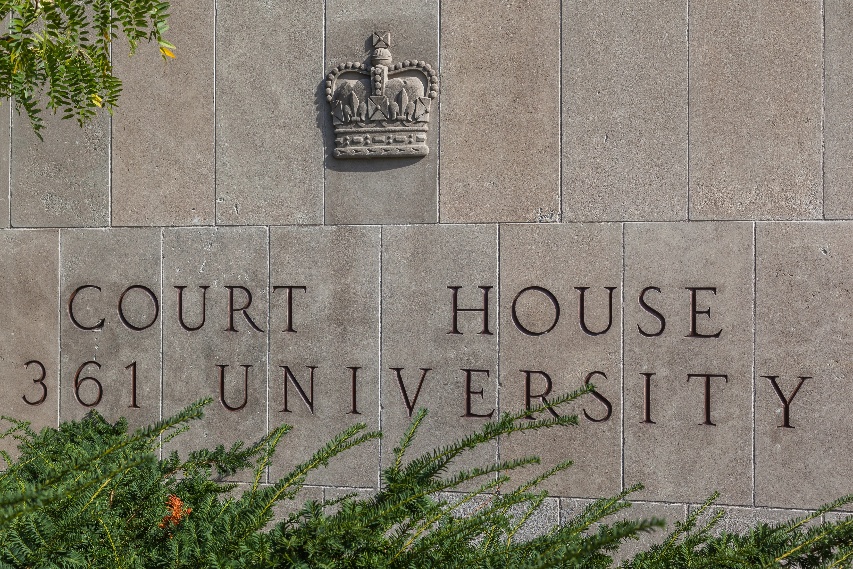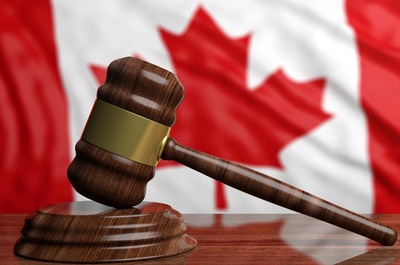As the leading criminal cause of death and injury in Canada impaired driving is a serious matter with significant legal and personal consequences. Whether it’s your first driving offence or a repeat issue the ramifications can be extensive, affecting everything from your driving privileges to your employment opportunities.
What is Impaired Driving?
Impaired driving in Ontario is defined as the act of operating a conveyance (motor vehicles, vessels, aircraft) while the driver’s ability to do so is compromised by alcohol, drugs, or a combination of both. This is a criminal offence under the Criminal Code of Canada and carries severe penalties aimed at safeguarding public safety. Impaired driving falls under Section 253(1) of the Criminal Code of Canada. According to this section, there are two ways a person can be charged for impaired driving:- Operation while impaired: It is an offence for a person to operate or have “care and control” of a motor vehicle while s/he is impaired.
- Operation with a blood alcohol concentration over 80 mg: It is an offence for a person to operate or have “care and control” of a motor vehicle if there are more than eighty milligrams of alcohol in every hundred millilitres of his/her blood.
What Blood Alcohol Level is Classified as Driving While Intoxicated?
In Ontario the legal threshold for blood alcohol concentration (BAC) when driving is 0.08%. This means that a driver with a BAC of 0.08% or higher is considered to be driving while intoxicated and can be charged with impaired driving. Ontario has even stricter rules for young and novice drivers, as well as commercial drivers, who must maintain a 0% BAC while operating a vehicle. Impaired driving isn’t limited to alcohol. The presence of certain concentrations of drugs, including cannabis (THC), in a driver’s system can also constitute impaired driving. There are two prohibited levels for THC, the primary psychoactive component of cannabis. It is a less serious offence to have between 2 nanograms (ng) and 5 ng of THC per ml of blood. It is a more serious offence to have 5 ng of THC or more per ml of blood. Having any detectable amount of LSD, psilocybin and psilocin (“magic mushrooms”), ketamine, PCP, cocaine, methamphetamine, or 6-mam (a metabolite of heroin) in your system within two hours of driving is prohibited. Drivers may face impaired driving charges when under the influence of both alcohol and drugs. The combined effects can significantly impair motor skills, leading to unsafe driving conditions and a higher risk of accidents. The prohibited levels of alcohol and cannabis, when found in combination, is 50mg or more of alcohol per 100 ml blood and 2.5 ng or more of THC per ml of blood.Legal Consequences of an Impaired Driving Charge
Impaired driving charges in Ontario come with serious legal consequences that can significantly impact various aspects of your life. A conviction for impaired driving results in a criminal record, which can have long-term repercussions on:- Employment Opportunities: Many employers conduct background checks, and a criminal record can limit job prospects.
- Travel Restrictions: Certain countries, including the United States, may deny entry to individuals with an impaired driving conviction.
- Increased Insurance Rates: Convicted individuals typically face substantially higher car insurance premiums.
- Mandatory Educational Programs: Participation in rehabilitation programs or educational courses may be required.
- Vehicle Impoundment: In some instances, especially for repeat offenders, the vehicle used at the time of the offence may be impounded for a period.
What is the Minimum Driver License Suspension Period for a First-Time Impaired Driving Conviction?
For a first-time impaired driving conviction under section 320.14 of the Criminal Code, the penalties include:- A mandatory minimum fine of $1,000.
- A driver’s license suspension period of at least one year.
- While the primary penalty is a fine, imprisonment is also a possibility, with a maximum sentence of up to 10 years for severe cases or repeated offences.
What is the Minimum Driver License Suspension Period for Subsequent Impaired Driving Convictions?
The penalties escalate with subsequent offences:- Second Offence: The mandatory minimum increases to a 30-day imprisonment and a longer suspension period.
- Third and Subsequent Offences: A minimum of 120 days in prison, which can increase depending on the specifics of the case.





